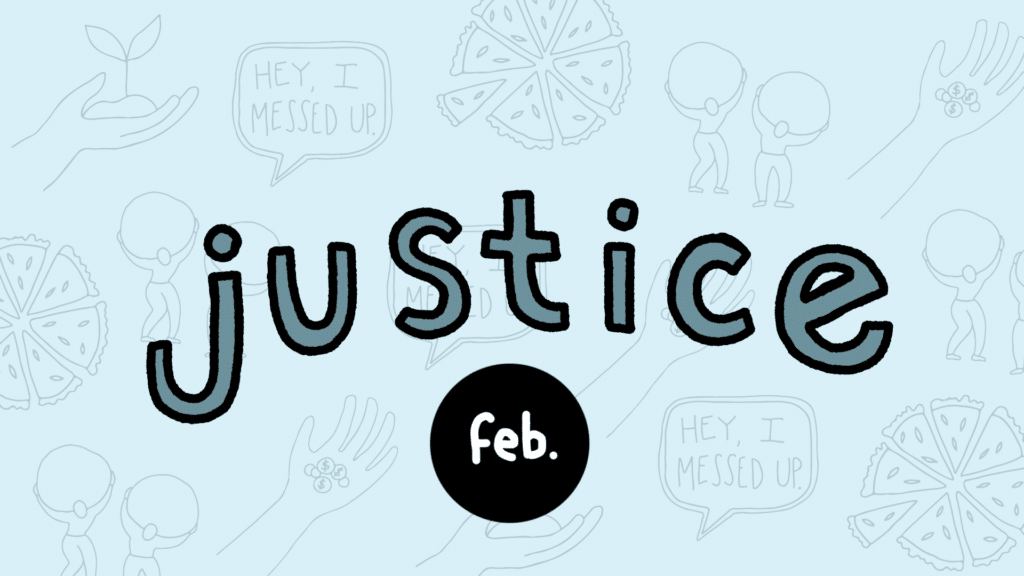Happy Wednesday! We hope that everyone had a refreshing President’s Day weekend. Here at SLO Classical Academy we have been fortunate to have our very own Logic teacher – Jenna Burns – write and publish Logic Unlocked curriculum for us.


We currently have 2 out of the 3 books in The Den, with the 3rd due to be released in Trimester 3 of this year (2022). Logic Unlocked has been really valuable in our classrooms at SLO Classical Academy. UMS Teacher Stephanie Ridley notes:
Logic Unlocked has unlocked an incredibly rich experience for the students. They really do enjoy applying the logic concepts to the texts from ancient times. The connection that happens across the curriculum with history and literature is a joy for us as teachers, and more importantly, has sparked deeper interest for the students.
Please read on for our special guest post from Jenna.
My two-year-old son is throwing major juice tantrums. He has had a taste of the sweet stuff and now nothing else will do. I give him the “choice,” water or milk? He throws a tantrum and eventually chooses water, but the decision was never really his. At this age, I make most of his choices for him.
Logic is the study of correct thinking, especially as applied to arguments. More so than in the younger years, middle school is the intersection between arguments and decisions. Middle school students are given more opportunities to make their own decisions, decisions which have more significant impacts, and which are often influenced by arguments they hear. They need the tools that will allow them to separate the good arguments from the bad. Does learning logic ensure our children will make good decisions? Unfortunately, no, but equipping students to identify manipulative rhetoric and illogical arguments is one important way we can help them become good decision makers. Middle schoolers also need logic because they are ready to argue. While this can be true of all ages (I know it is true for my seven-year-old), middle school students are ready to learn the sophisticated building blocks of persuasive arguments, enabling them to better express their opinions. If knowledge is power, logic is a superpower—the power to think clearly when others can’t, and the power to speak clearly when others don’t. This caliber of critical thinking takes the intentional logic training SLOCA middle school offers.
Logic Unlocked, developed right here at SLOCA, has an approach to logic which cannot be found in any other textbook: key logic concepts are illuminated through the excellent examples set in ancient classical texts. In this three-part book, students read excerpts from arguments which have engaged minds for thousands of years—arguments by Socrates, Sophocles, Aristotle, Cicero, and more. For example, this trimester our students will read a portion of the funeral oration Pericles made to Athens one year into the Peloponnesian War. In this speech, Pericles defined what a democracy is and what it is not. From this text students will learn the terms: proposition, affirmative statement, negative statement, and bandwagon fallacy. They will also read Lincoln’s Gettysburg Address and see how these two funeral orations are connected. As they learn logic through this lens, they are at the same time strengthening their understanding of the history they are learning as well as the language arts skill of reading literary non-fiction. It’s an approach to learning logic that is, well, entirely logical!

Learning logic is not an easy undertaking, but, as is the case with many difficult pursuits, it is well worth the effort. Imagine a world where every child was trained to critically construct and deconstruct arguments. Consider the ripple effects that could create in our world. To the question, “Why teach logic to middle schoolers?” There is a simple answer: they need logic. We all do.
Thank you Jenna for your post! Look out for the Logic Unlocked texts in The Den.










